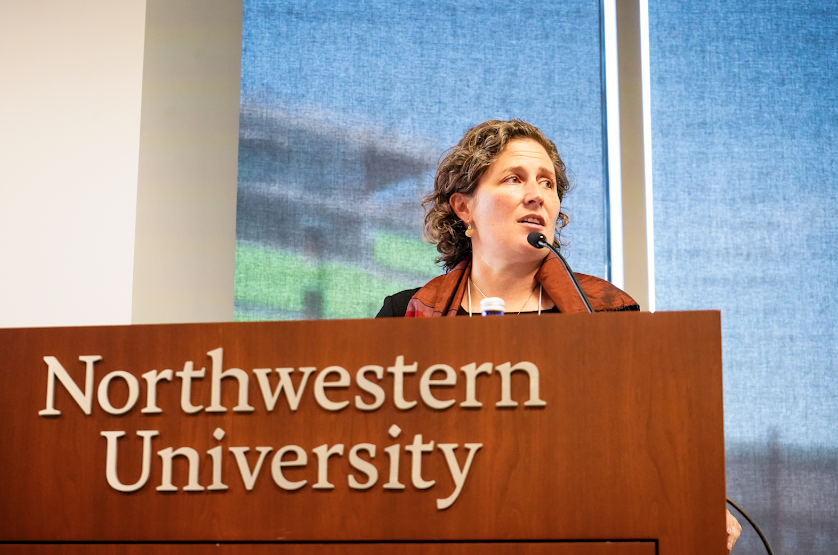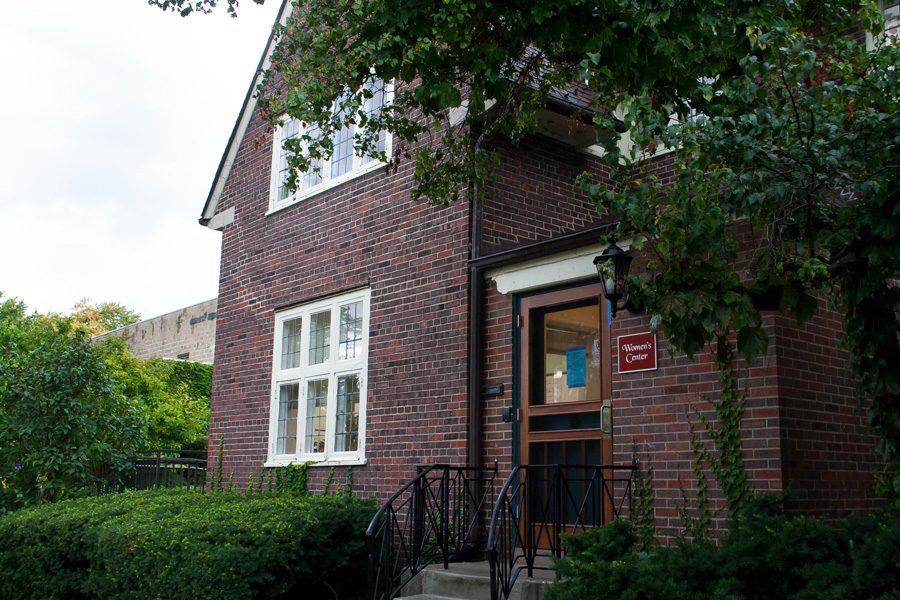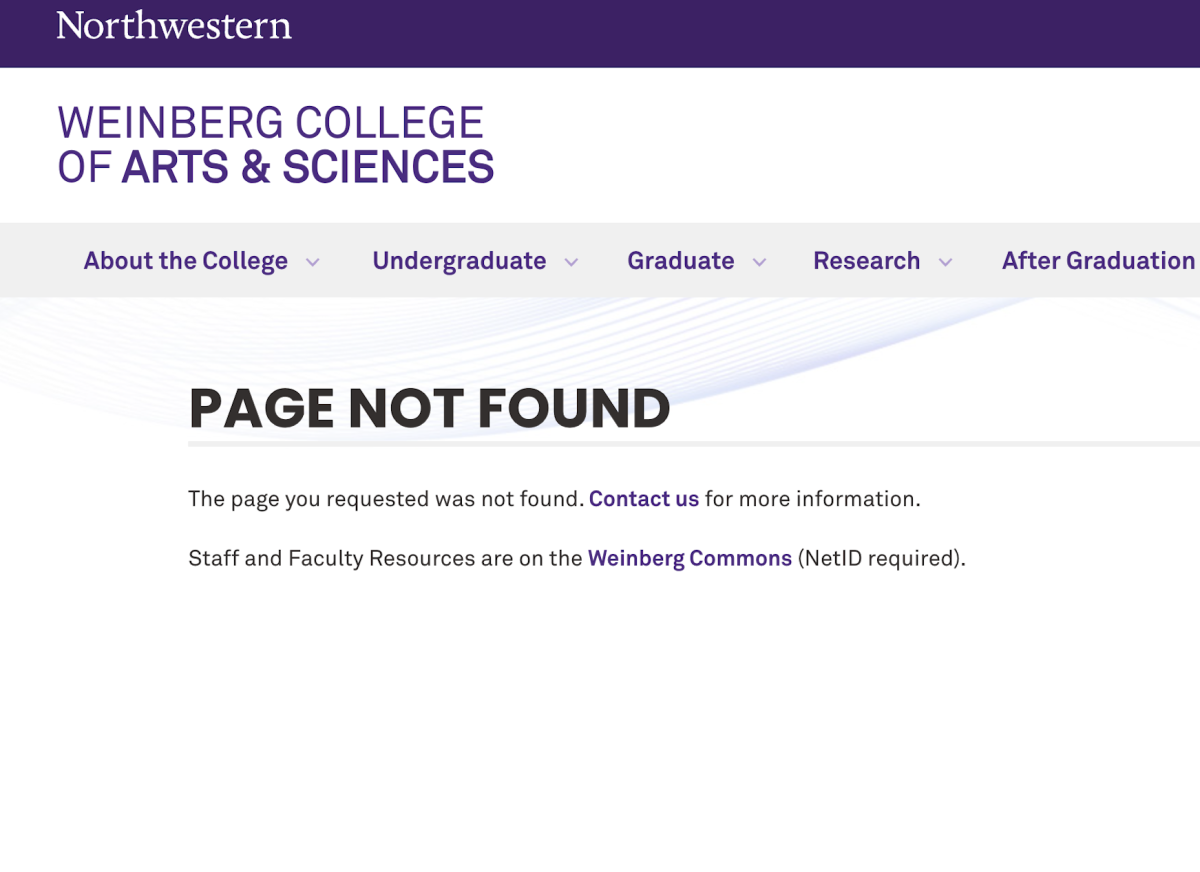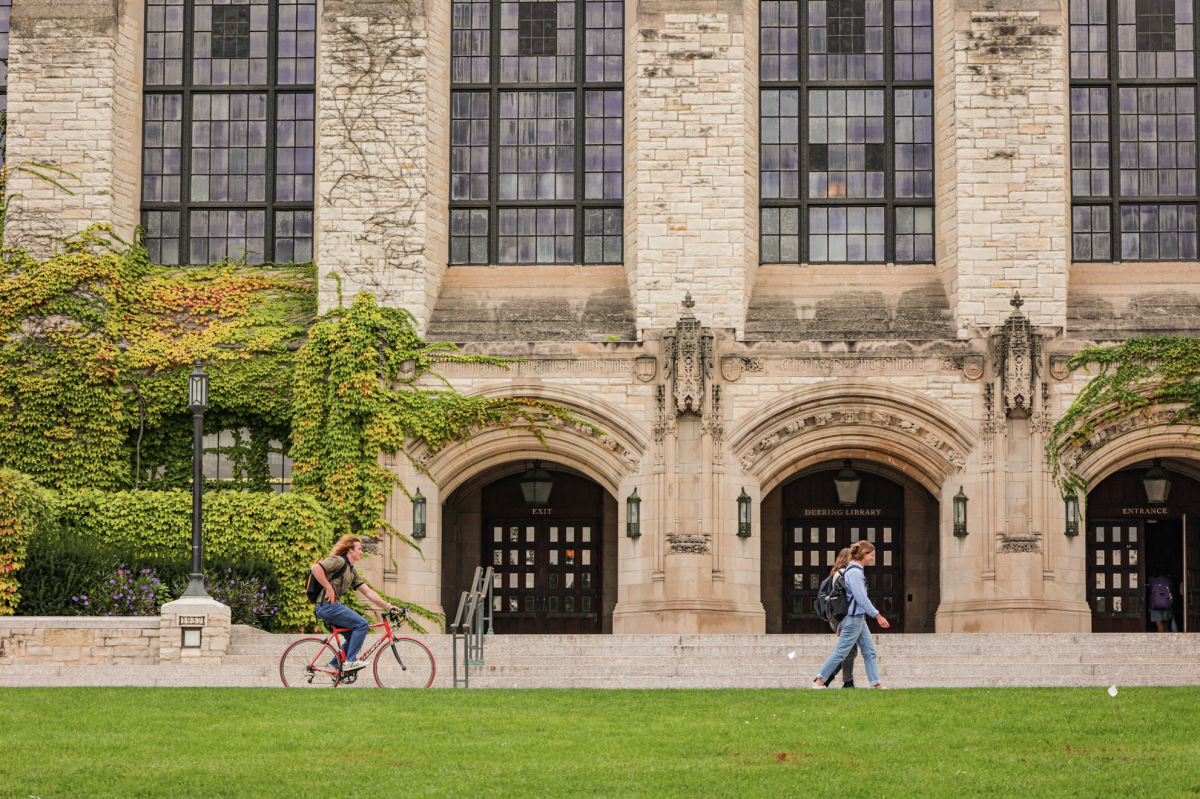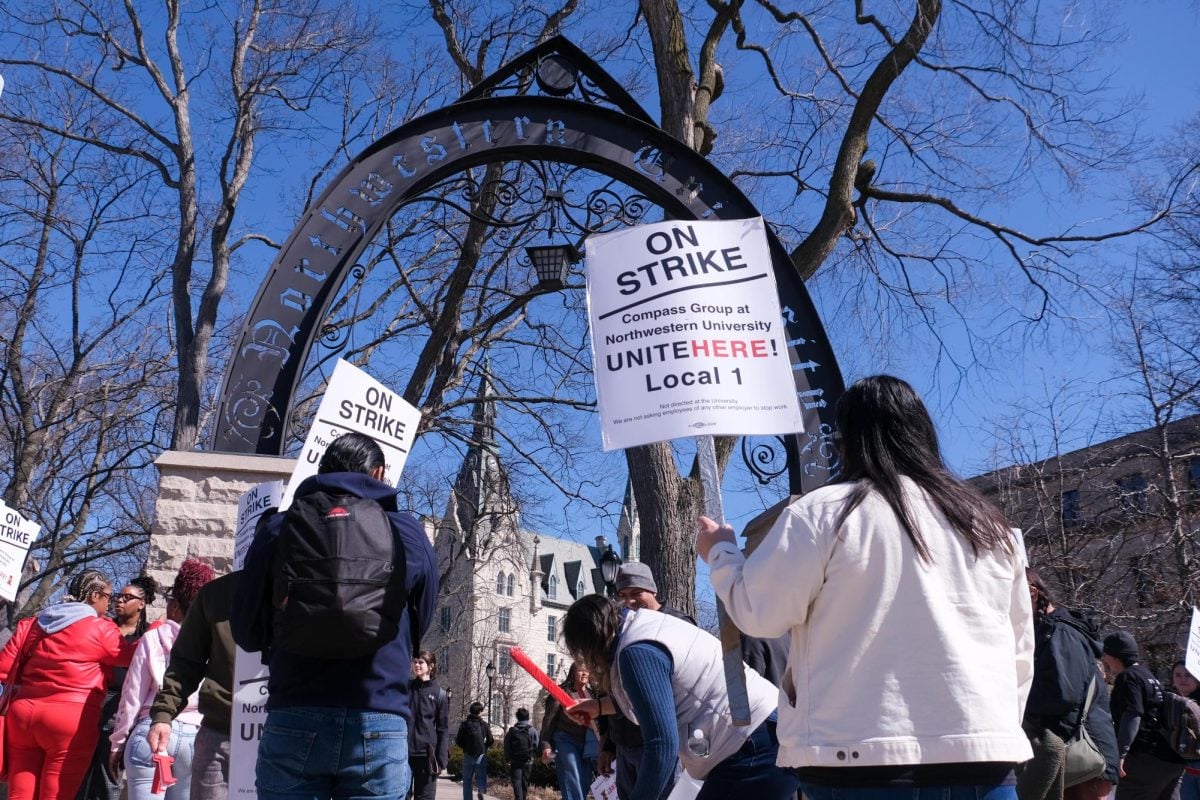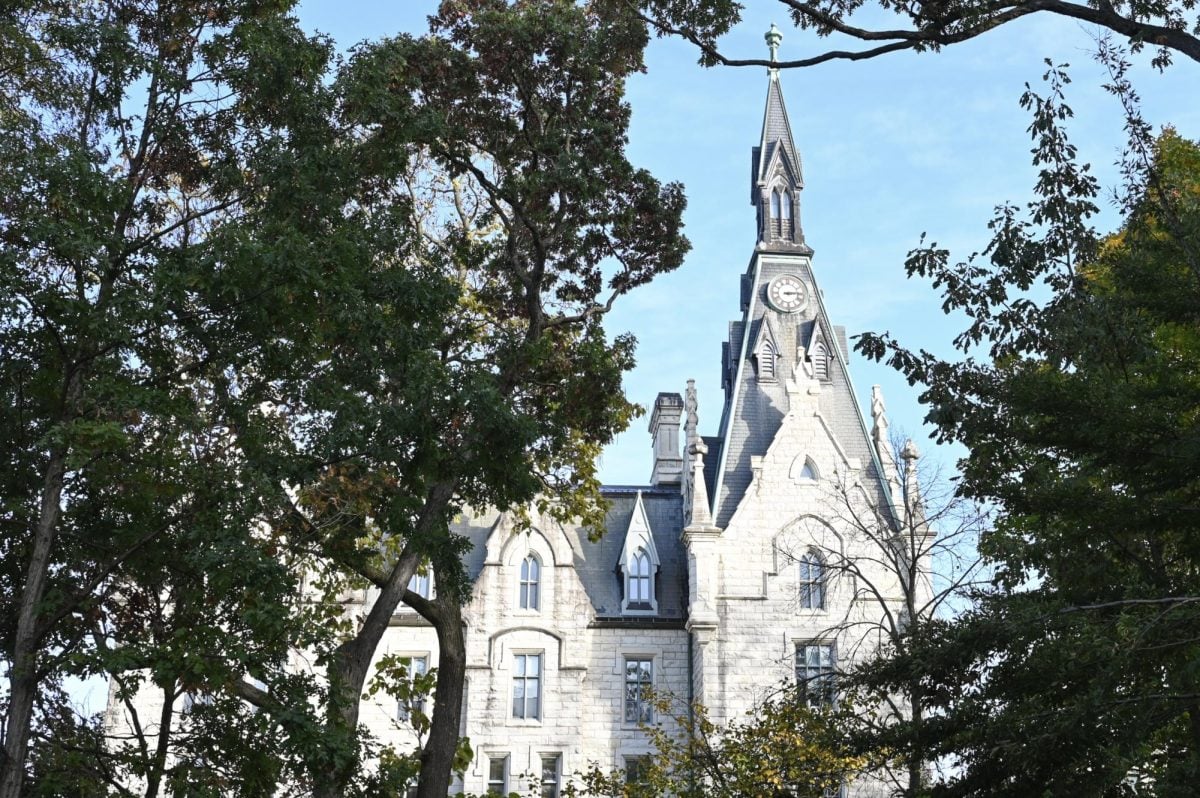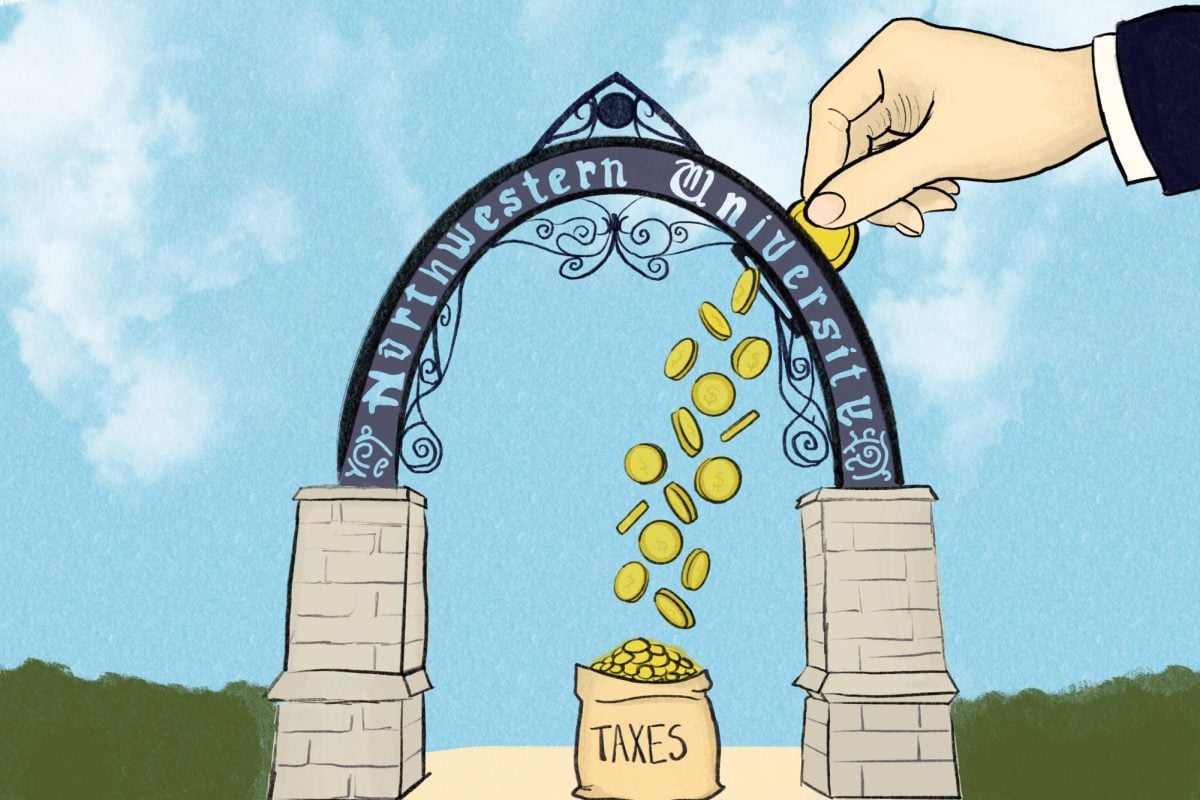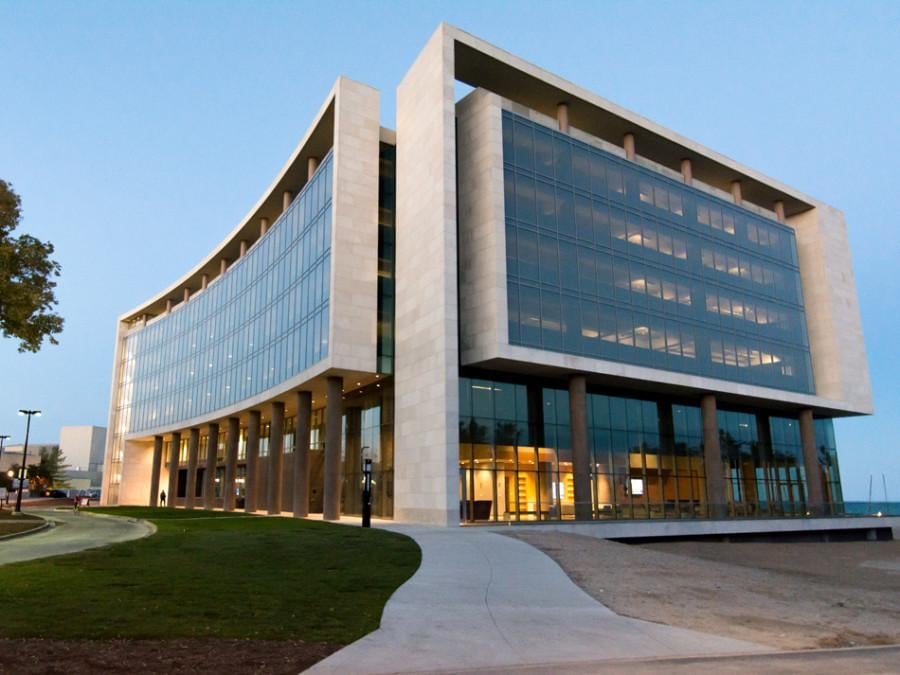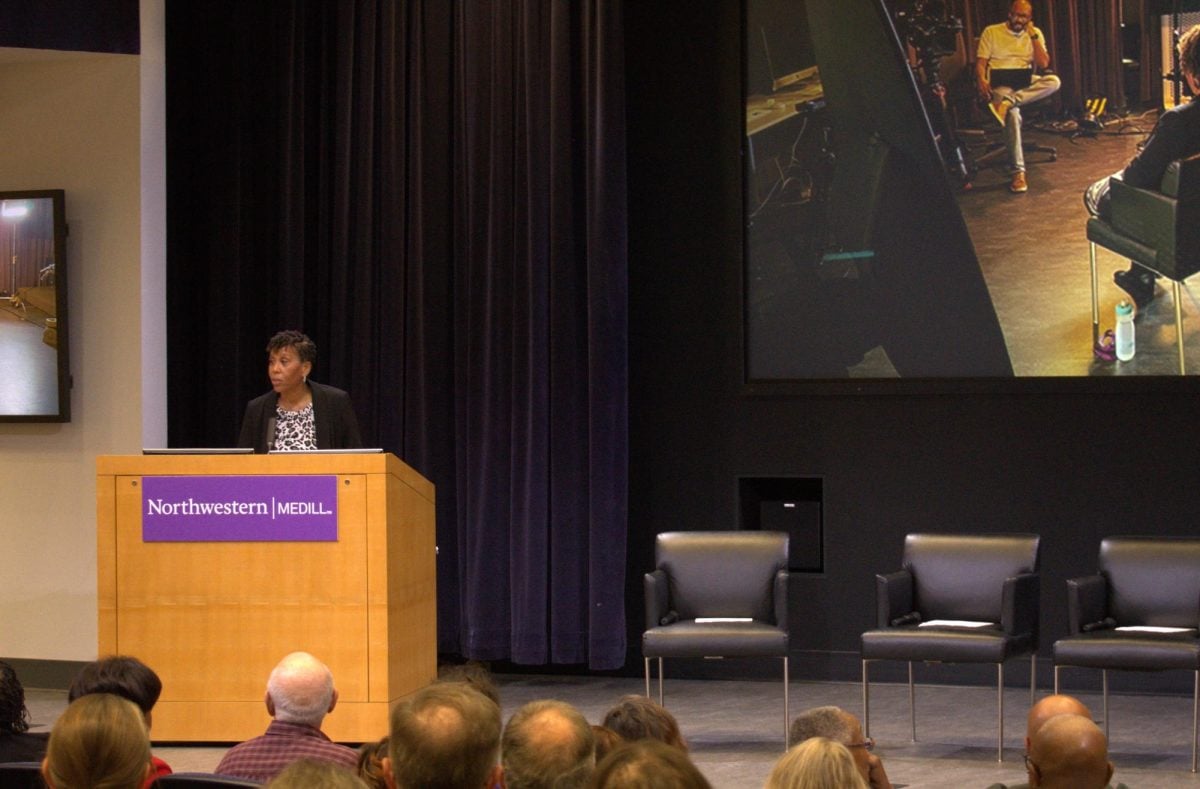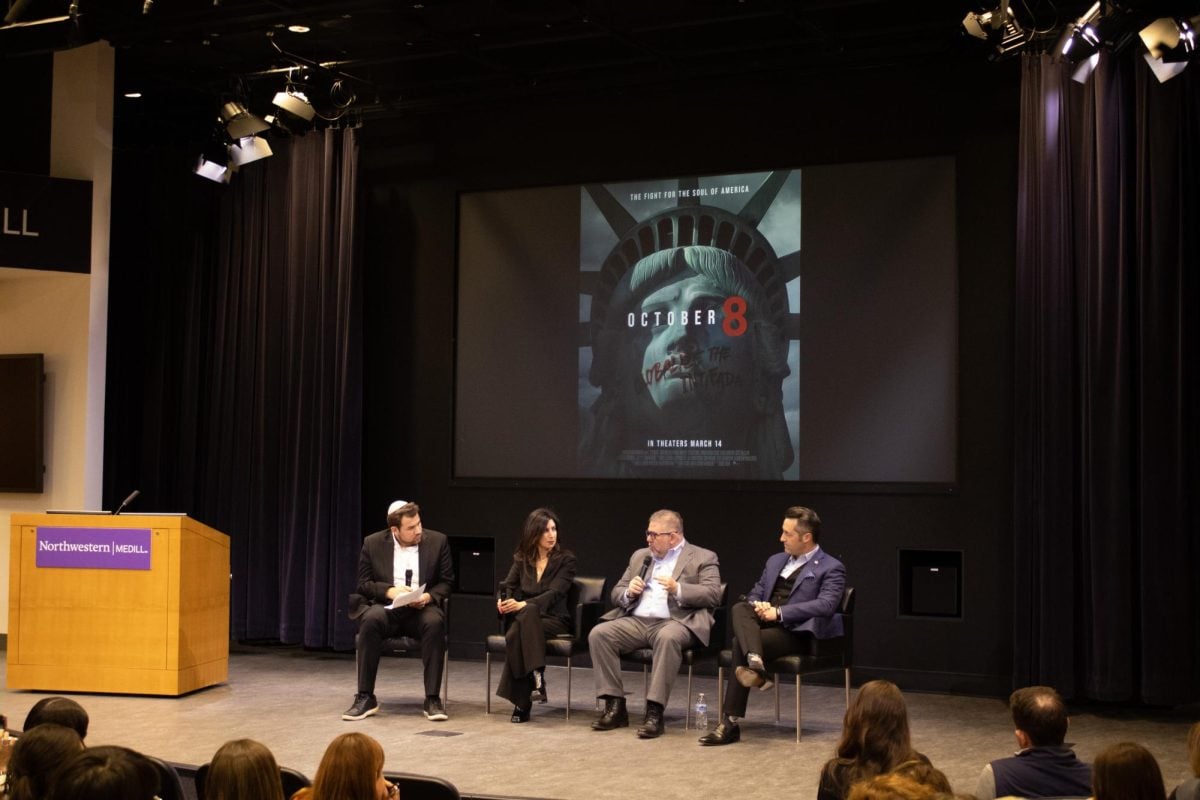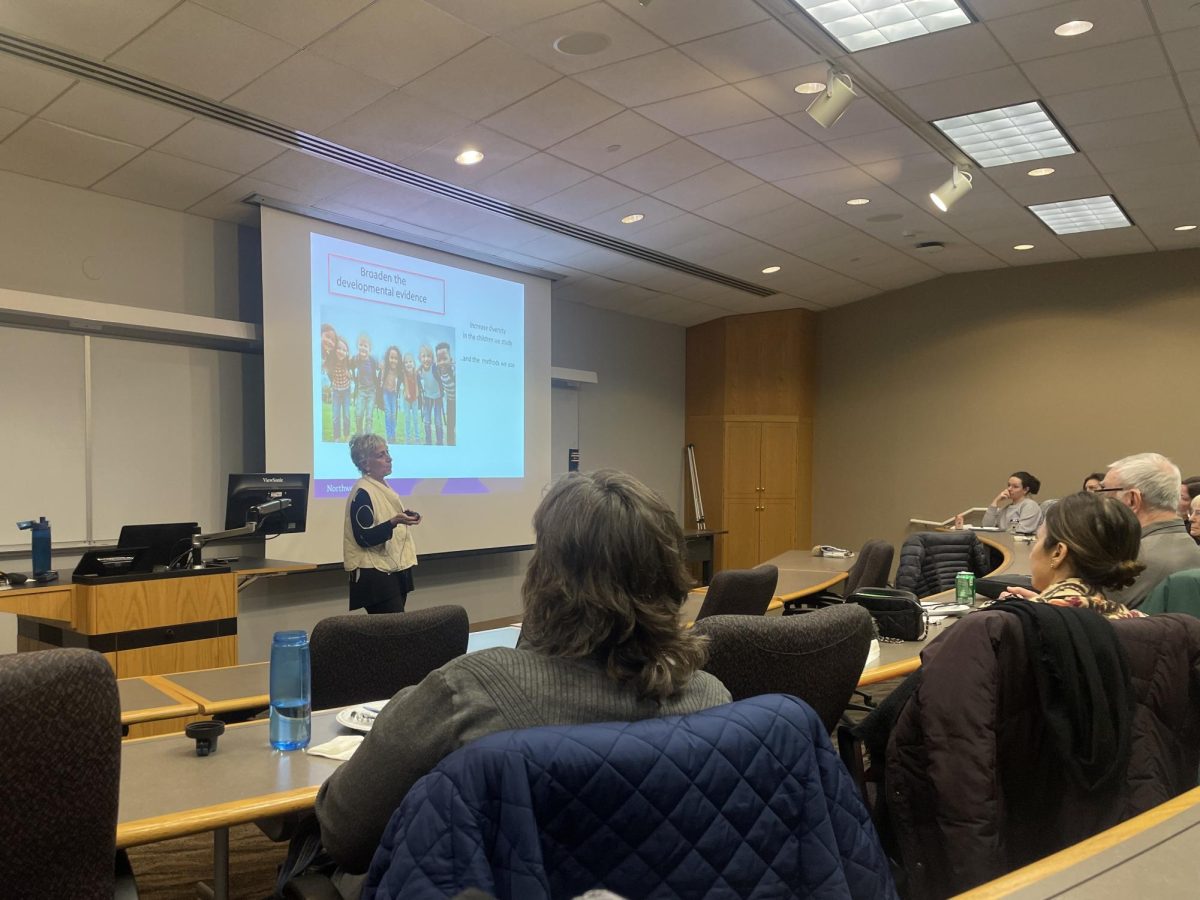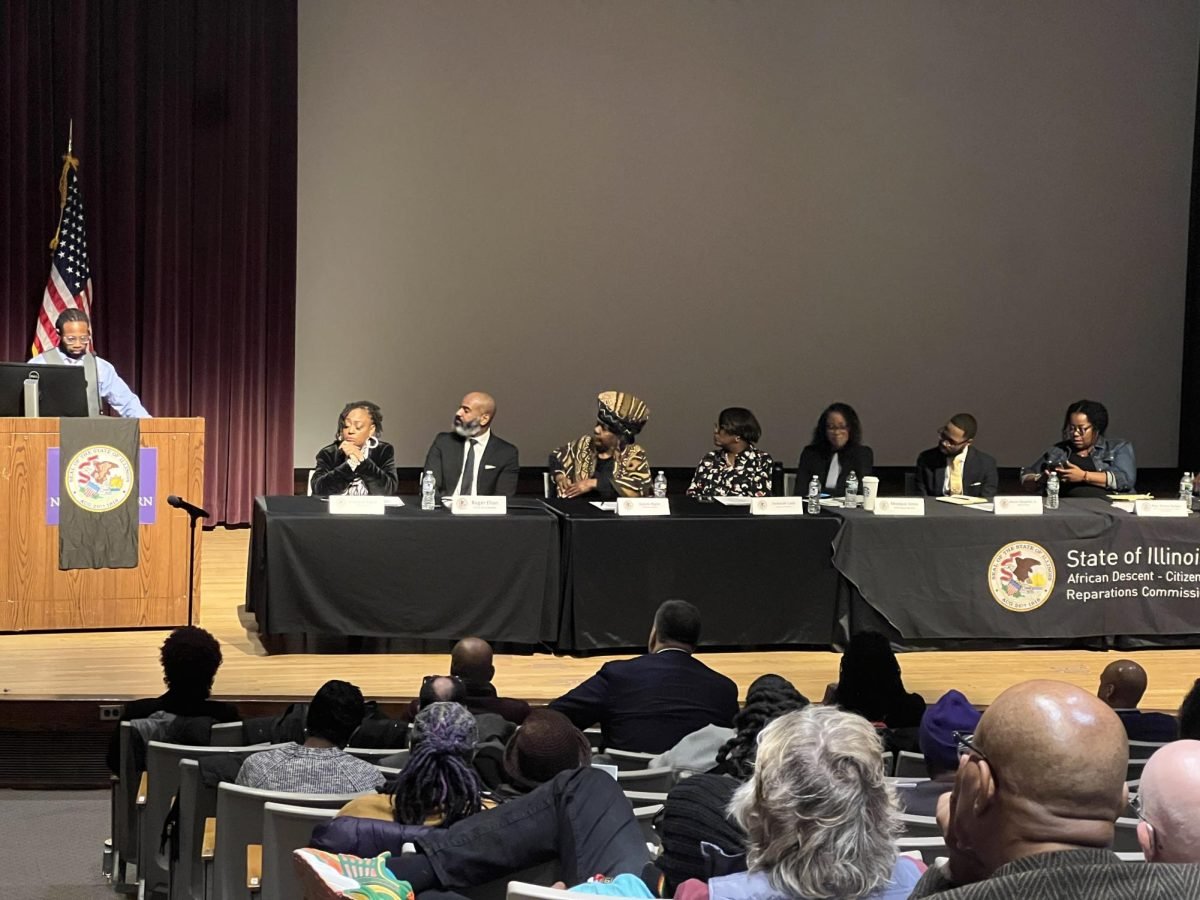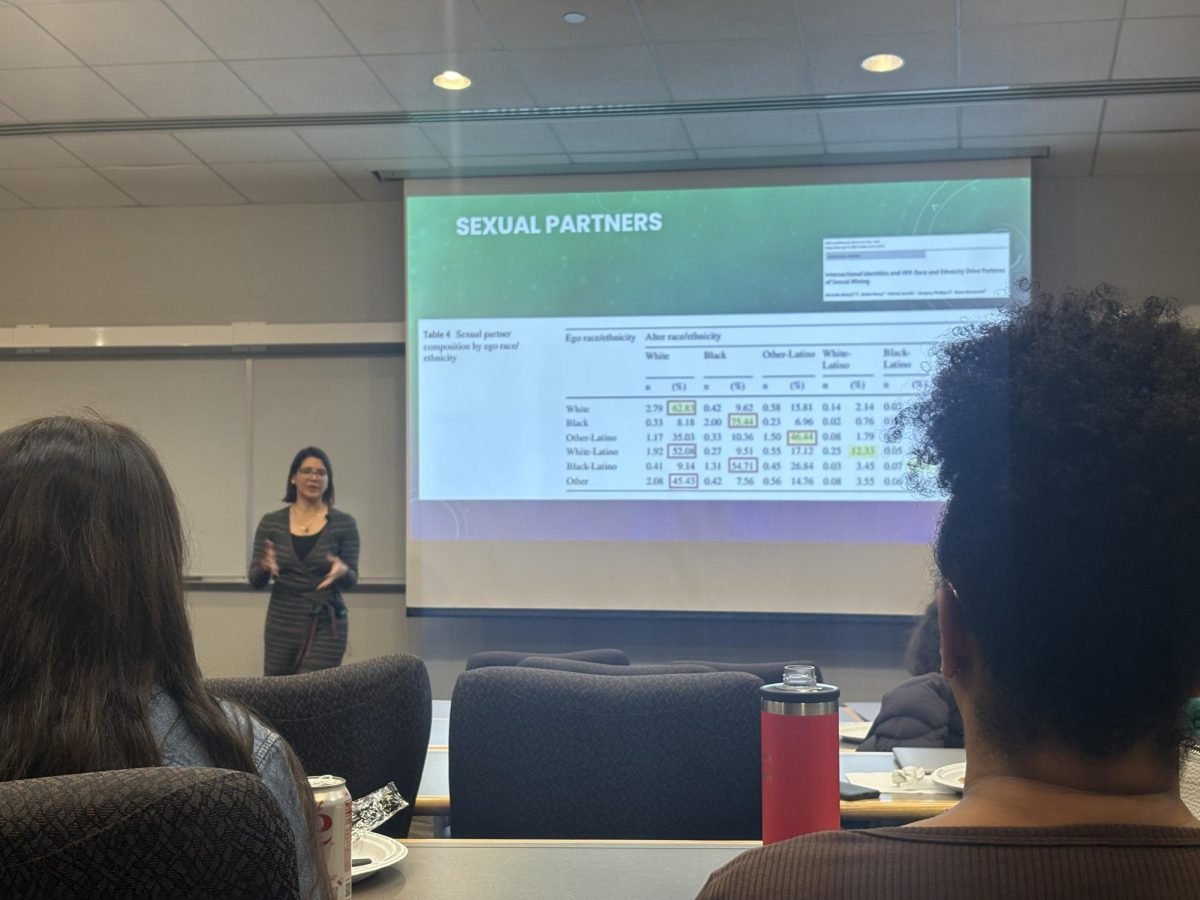Northwestern’s Buffett Institute for Global Affairs and Paula M. Trienens Institute for Sustainability and Energy hosted a series of keynote presentations this week to launch the University of Toronto-Northwestern Decarbonization Alliance.
At the hybrid event, titled “Roadmapping the Clean Energy Transition,” speakers outlined how the TNDA would catalyze transdisciplinary research and ultimately work toward eliminating carbon dioxide emissions. The innovation hub is a product of the U7+ Alliance of World Universities — with the University of Toronto as the presidential steering committee chair and NU as secretariat — which works with government leaders to address global challenges.
The series began with a presentation on the emerging field of the energy humanities by U of T human geography Prof. Imre Szeman, followed by NU political science Prof. Kimberly Marion Suiseeya’s discussion of climate change and social justice.
Suiseeya said scientists and engineers will determine who will experience justice during the climate crisis and its fallout.
“We have to understand climate change not as primarily a technical or biophysical problem. We have to understand it as … the most complex political challenge facing humanity,” she said.
NU Provost Kathleen Hagerty concluded the first day of the event by thanking the TNDA’s partners in Toronto. She added that the second NU innovation hub that opened in early September with the University of Tokyo will focus on the ethics of artificial intelligence.
“We’re all here to learn from each other and to bring new knowledge into the global community desperately in need of answers,” Hagerty said.
On Tuesday, U of T sociology Prof. Paty Romero-Lankao and McCormick Prof. Sossina Haile presented on urban energy transitions and generating hydrogen for energy, respectively.
Weinberg senior Hannah Lipman said she attended the event because she wants to pursue a career in renewable energy. She said she was “pessimistic” that the TNDA would have a tangible impact, especially given NU’s current lack of progress towards net-zero emissions.
“In one of my classes, we looked at what (the University is) actually doing. And a lot of the improvements — like in Tech, for example, trying to change the lighting systems — they’re delayed,” Lipman said. “A lot of what they do doesn’t really align with their goals.”
However, event co-organizer and U of T engineering Prof. David Sinton said he appreciated the “pragmatism” in the discussions on Monday.
“Today, what’s next is to ask what we can do with (the TNDA),” he added.
Annelise Riles, executive director of the Buffett Institute and organizer of the event, said the researchers’ next step for the TNDA is to create proposals for projects in underserved communities in Los Angeles or Chicago. She said the alliance could serve as a model methodology for addressing problems globally.
“We decided that we share certain framing values for work,” Riles said. “Excellence in research, but also ethics, community collaboration (and) a commitment to breaking down the walls that separate the university from the rest of the world.”
Correction: A previous version of this article misspelled Kimberly Marion Suiseeya’s name. The Daily regrets the error.
Email: jillianmoore2027@u.northwestern.edu
Twitter: @jillian_moore7
Related Stories:
— Northwestern and University of Toronto to launch new decarbonization alliance
— Mesmin Destin appointed new faculty director of student access and enrichment

